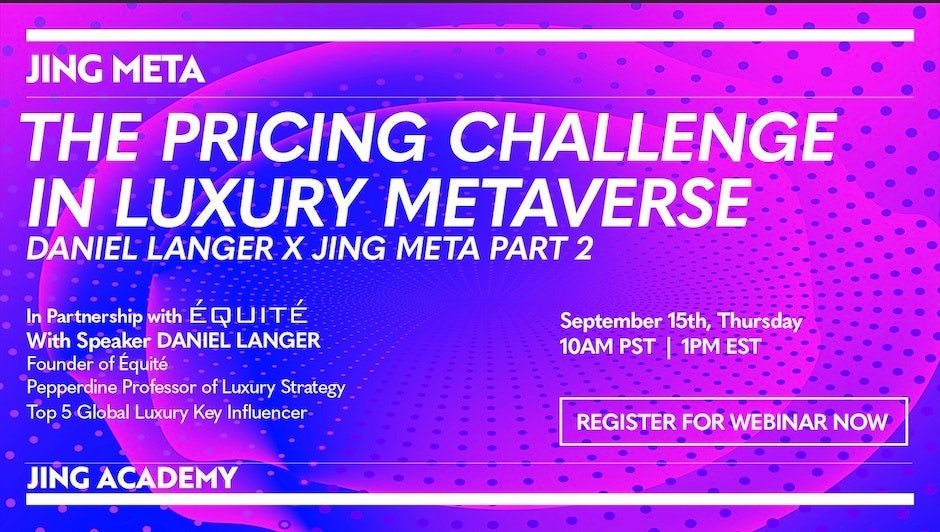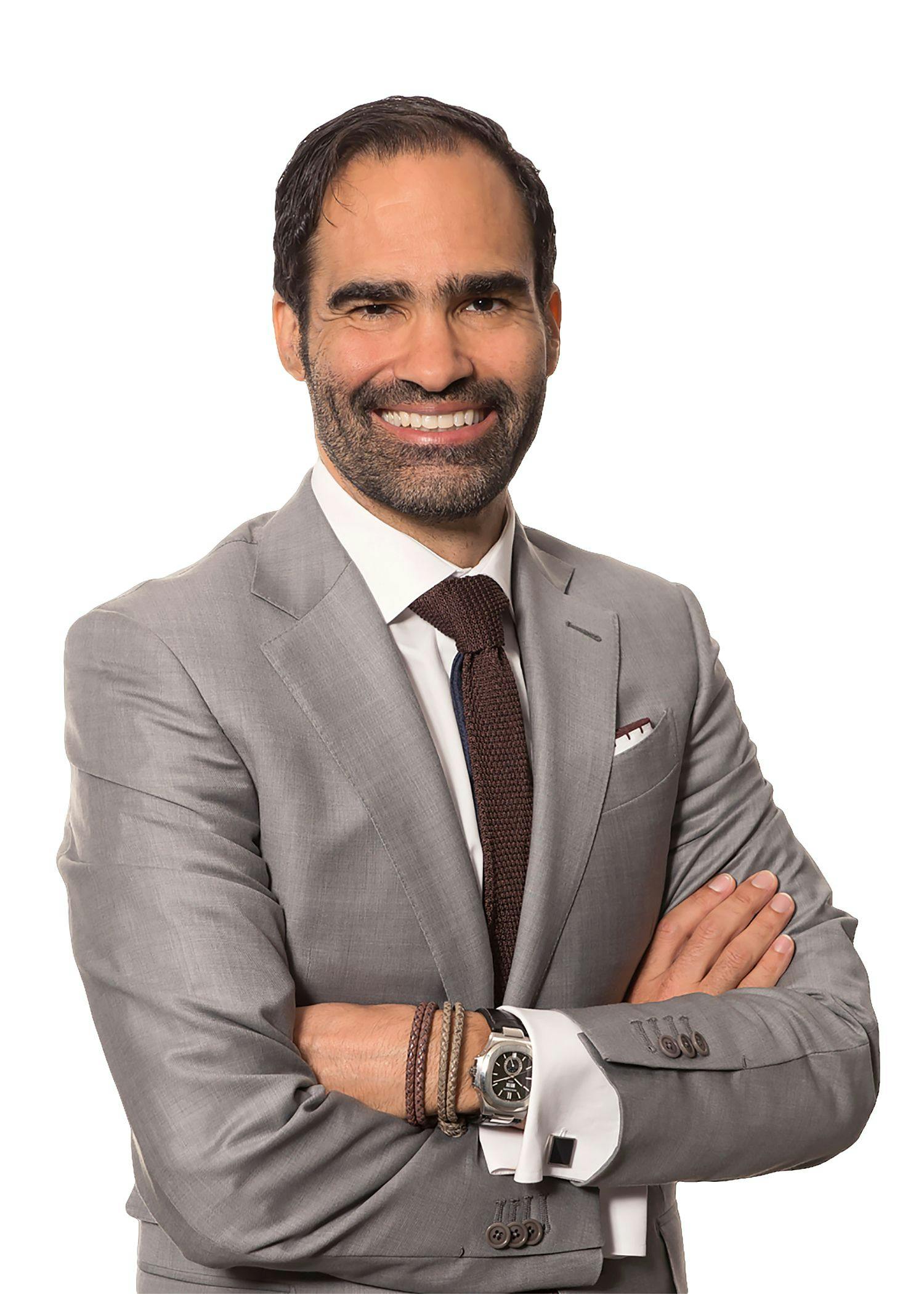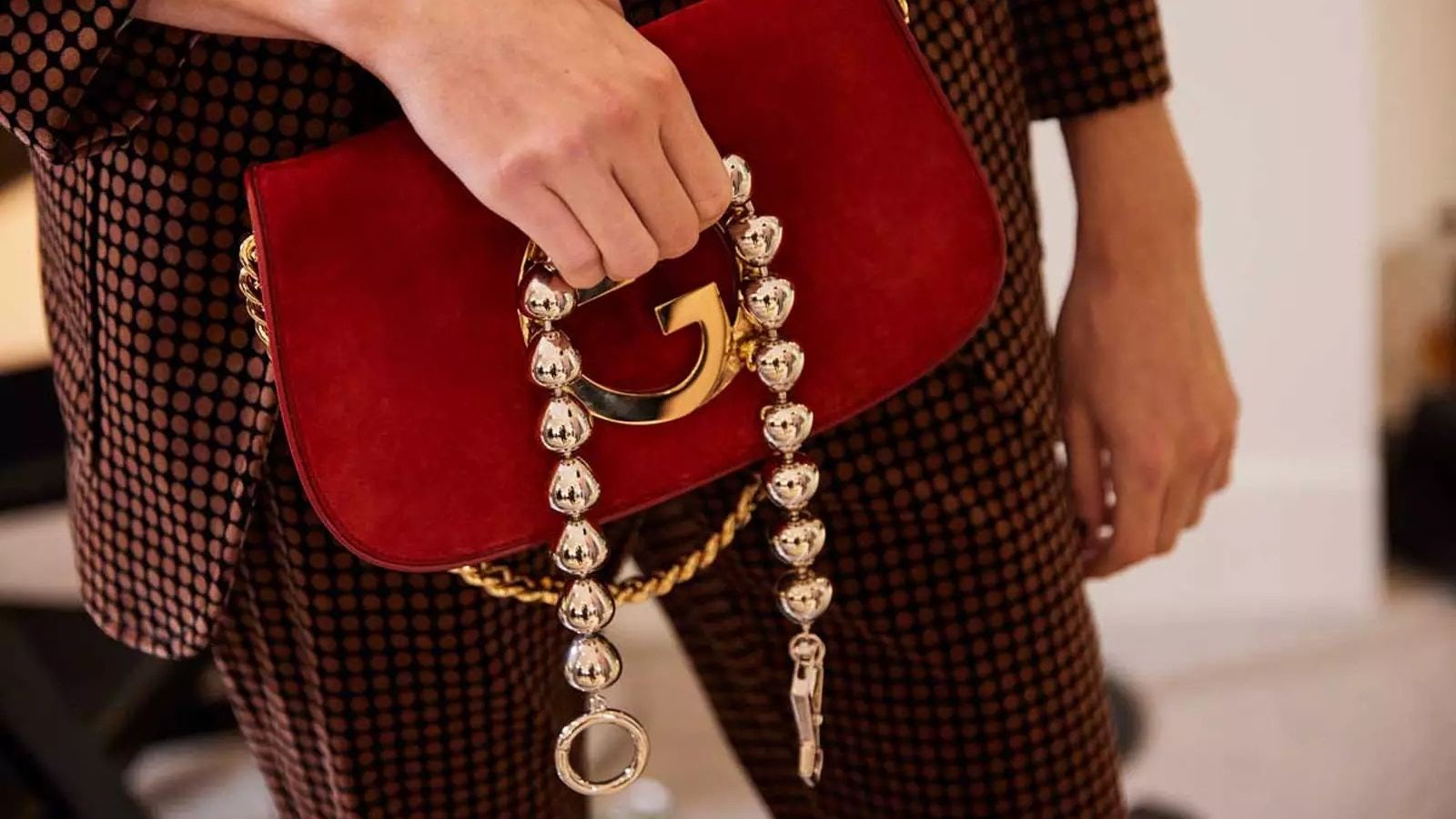Recently, we kicked off the first edition of the Jing Daily x Équité webinar series about the luxury metaverse. More than 500 people registered — including representatives of some of the most iconic luxury brands such as Hermès and Audemars Piguet — indicating the extreme relevance of the topic. As the Qamp;A portion was rich with questions that keep luxury managers up at night, I decided to dedicate this Future of Luxury column to answering them.
Where do you see luxury brands and the metaverse in the next five years, 10 years? Will this be a sustainable trend?#
The metaverse is the next, more immersive iteration of the internet. In its full expression it will allow a seamless and fluid transition between the physical and the digital. Today’s technologies, notably the Meta Quest 2 and ByteDance Pico Neo 3 Pro Eye, are a leap ahead of previous devices. However, we are probably still three to five generations of hardware, processor, camera, sensor, and software updates away from VR and AR not just becoming mainstream but being as intuitively usable and convenient as today’s phones.
So the question is not about if, but when — and whether a three to five year horizon is realistic from today’s perspective. Once devices are smaller, more powerful, and much easier to use, they will replace the smartphone, at least in part, and become our day-to-day devices. This is why the metaverse is not a trend but a structural change in the market. In the webinar I strongly urged the audience to get familiar with today’s technology so that they can understand its potential and limitations. I spend at least an hour a day in VR, host conferences in the metaverse, and use apps in my everyday life, from work to workouts. Some are amazing, some need significant work. Therefore, being in the metaverse today will allow the managers of luxury brands to successfully manage the future and generate relevant ideas.

Should brands adopt a different personality in the metaverse to connect with the younger generations? Or should they stay on brand with their image in the non-metaverse world?#
I am a radicalist when it comes to brand storytelling. Today, brands have too many personalities and messages, making it almost impossible for them to become relevant with Gen Z. I recently analyzed a few legacy brands that tried hard to be young at all costs, e.g. through integrations into games like Call of Duty which did not feel on brand. Basically, if it feels weird, then it probably is, especially for a digitally native generation.
The most critical exercise brands should do right now is to audit their brand story and reduce their message to one, which is expressed from a rational and an emotional perspective. It’s an unbelievably difficult process, especially from the inside, because there is a tendency to add too many elements to the positioning. This does not work with Gen Z and in a metaverse reality where the breakthrough of messages towards audiences has become increasingly challenging as the experience becomes more immersive and channels more closed. Preparing this way for the metaverse will give brands a jumpstart in today’s world and generate significant competitive advantage.
Do you imagine luxury companies and fashion houses investing more on building internal teams to work specifically in the metaverse? If so, are there any examples of good ones you have noticed staffing up?#
I dislike the idea of creating internal silos. This was the fundamental mistake many brands did in the early days of digitization. It is the responsibility of the entire management team, including the CEO, to become part of the metaverse transition. It’s a holistic approach that has to start with an overhaul in brand messaging and a seamless experience creation between the digital and the physical. Of course, it makes sense to have internal or external experts on board; however, creating siloed, dedicated teams increases the risk that these teams will try to internalize all the decision power on metaverse projects. The overall company strategy will not have been affected strongly enough. Web3 needs a holistic approach that integrates all levels and all departments within an organization. It is the biggest shift that companies have to manage over the next decade.
Do you see any potential downsides of more luxury companies and brands overinvesting in the metaverse? Does it alienate the traditional core demo?#
Today there are too many projects that are simply deployed in order to “also have a metaverse project.” In most cases that we analyze, I miss strategy and clarity on the endgame. Often millions of dollars are wasted in initiatives that have no audience, the wrong audience, or no relevance and impact. Why would anyone visit your virtual real estate on Sandbox? You better create something of high relevance or desirability. Why would you want to build a presence on Roblox when many of the users may be far younger than your target?

Instead, technologies that are scalable today, like 3D e-commerce experiences that can be deployed on any normal website, may be much more game changing for now. I think having a presence in today’s metaverse can be a good investment but only if you follow a few criteria: Is what we do relevant for our audience? Do we have an audience (don’t be surprised that often virtual reality spaces cater to an audience of one or sometimes zero, lacking relevance or the right concept)? And if yes, do we have the right audience in terms of age, demographics, and interest? Lastly, do we have a (brand-)story that is reflected in the initiative that entices people to interact? Never just go into the metaverse with your brand without being extremely strategic and intentional. Too much is on stake: your brand equity in the eyes of Gen Z.
Register for part two of the Jing Daily x Équité webinar series
here#
Named one of the “Global Top Five Luxury Key Opinion Leaders to Watch,” Daniel Langer is the CEO of the luxury, lifestyle and consumer brand strategy firm Équité, and the executive professor of luxury strategy and pricing at Pepperdine University in Malibu, California. He consults many of the leading luxury brands in the world, is the author of several best-selling luxury management books, a global keynote speaker, and holds luxury masterclasses on the future of luxury, disruption, and the luxury metaverse in Europe, the USA, and Asia. Follow @drlanger


